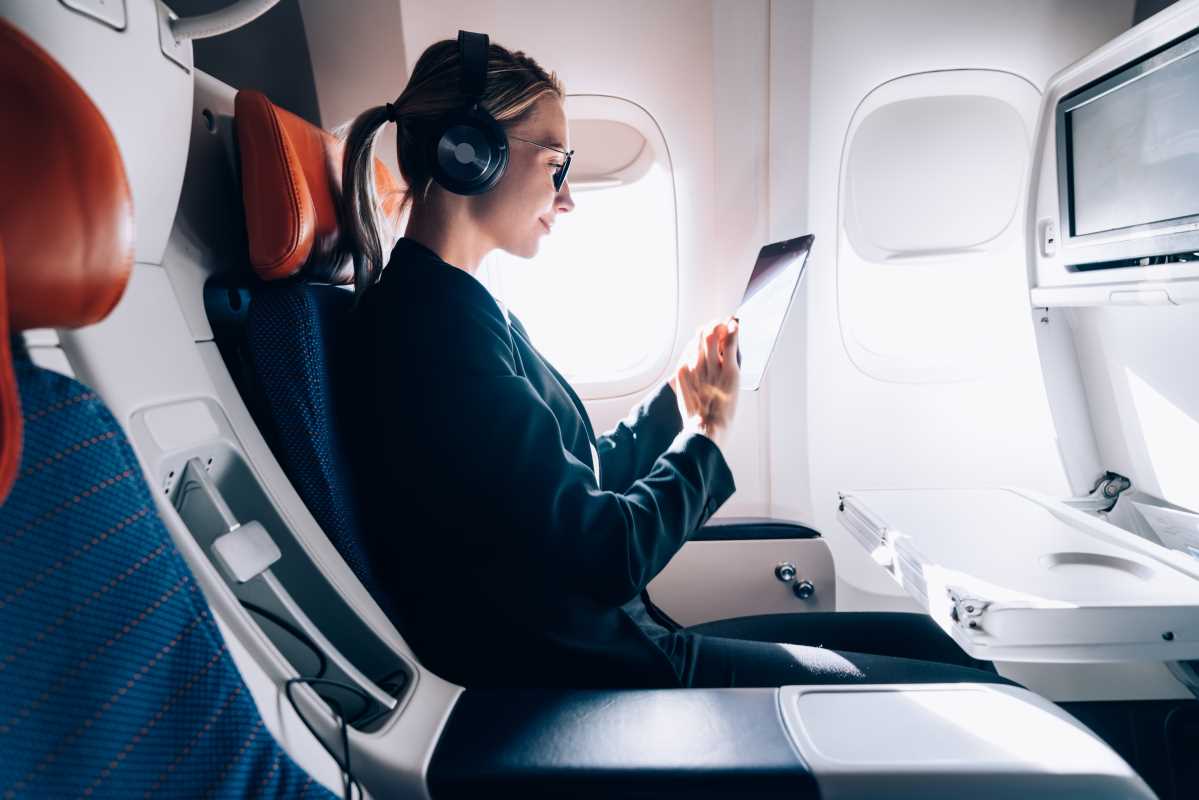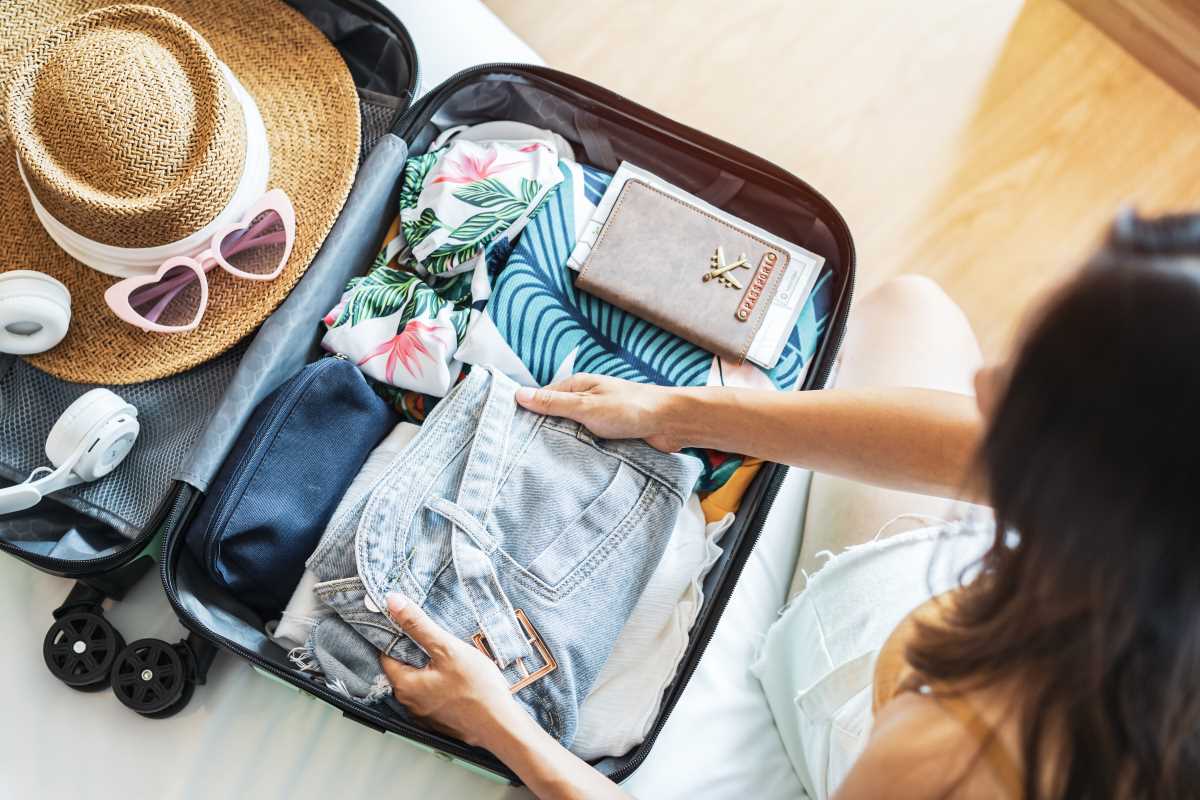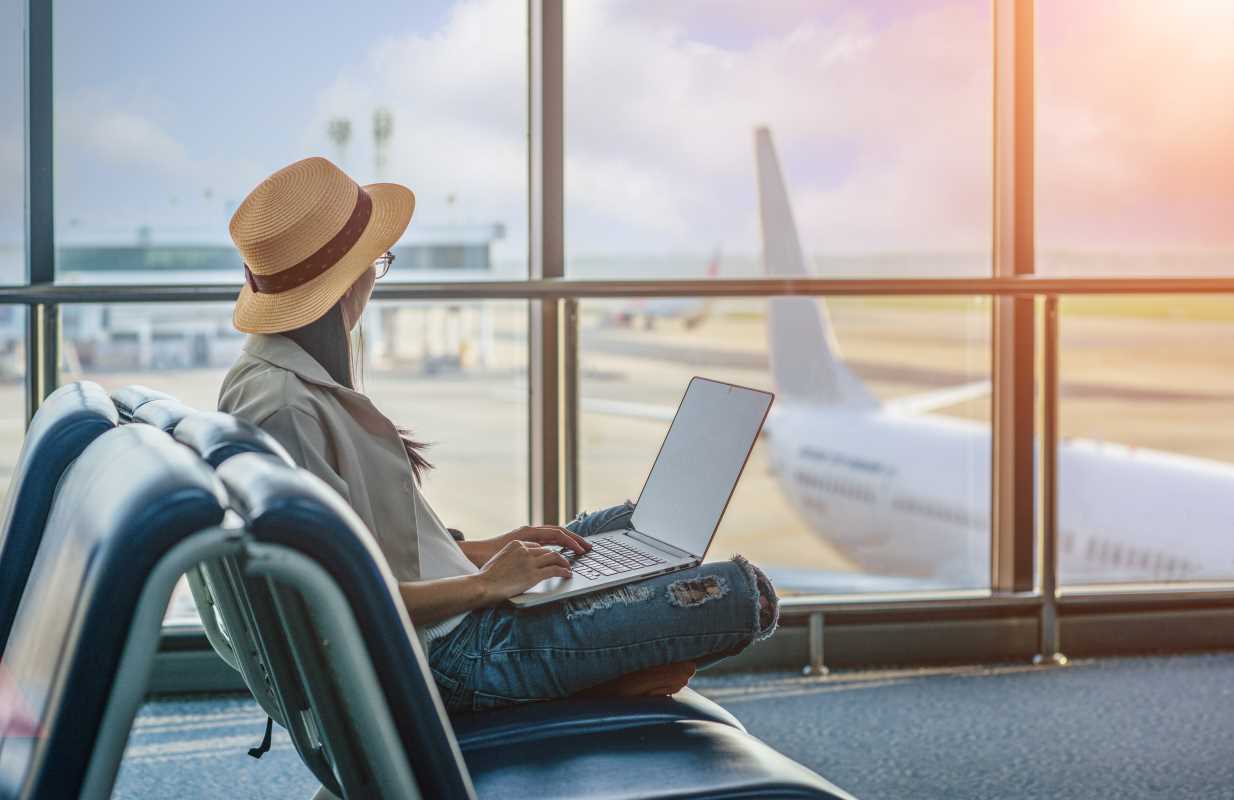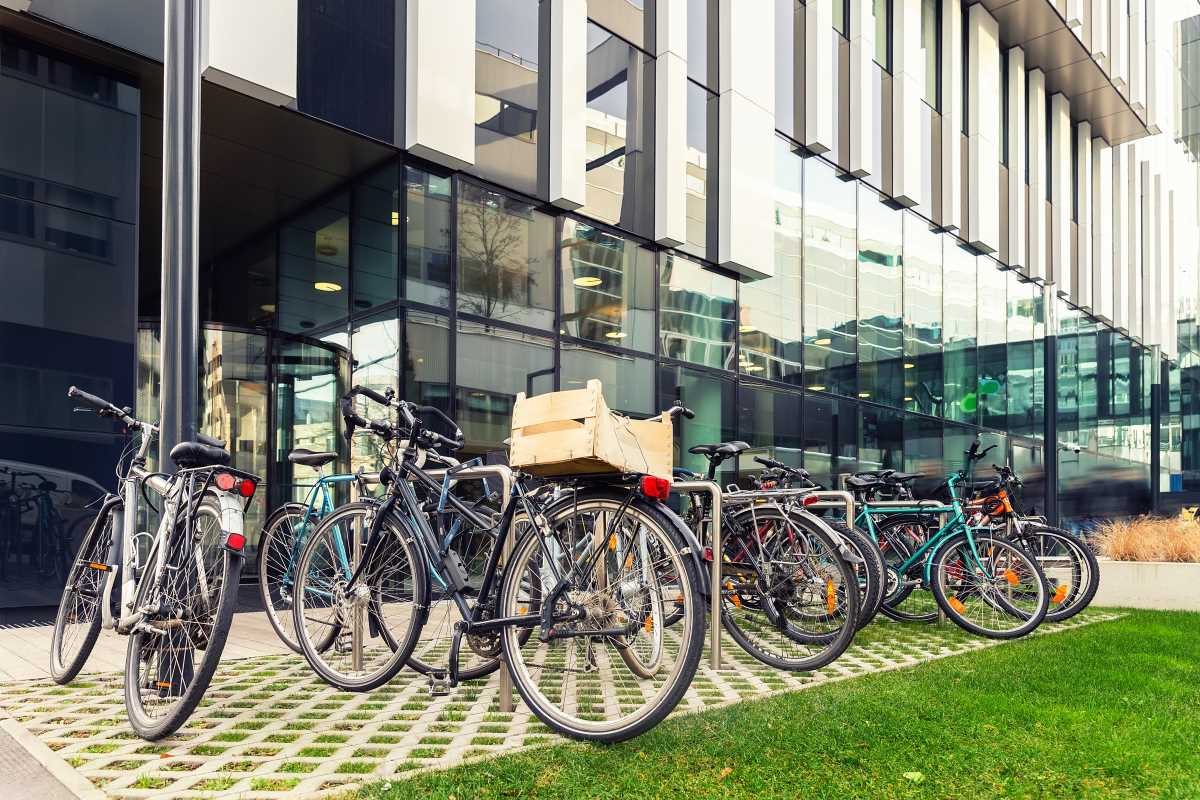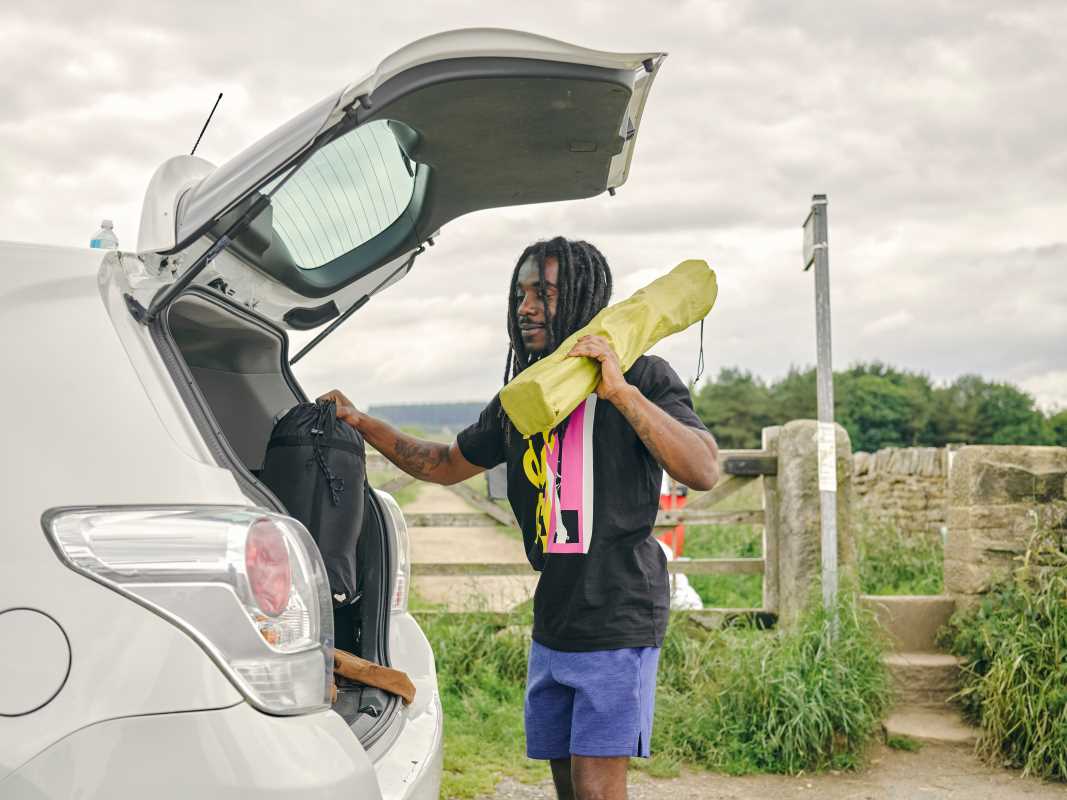Traveling internationally offers an incredible opportunity to immerse yourself in diverse cultures, sample new cuisines, and experience unfamiliar landscapes. However, safety should always be a top priority when exploring foreign destinations. A bit of preparation, awareness, and respect for the local environment can make a significant difference in ensuring a smooth, enjoyable, and secure experience abroad. Here’s an in-depth look at essential safety practices for international travel.
Planning Ahead
Preparation is a key step in ensuring a safe trip. Start by thoroughly researching your destination's culture, customs, and any current travel advisories. Get a sense of what areas are considered safe and where tourists should exercise caution. Here are some additional tips for a well-planned journey:
- Health Precautions: Some destinations may require vaccinations or medications to prevent illnesses common in that area. Check with health agencies or your doctor for recommended immunizations and travel health tips.
- Document Backup: Make physical and digital copies of essential travel documents like your passport, visa, driver’s license, and insurance details. Keep one copy with you and store another digitally in a secure location, such as encrypted cloud storage, in case your documents are lost or stolen.
- Emergency Contacts: Register your travel itinerary with your home country’s embassy at your destination. In case of emergencies, they will have a record of your visit and be able to provide support or communicate with your family back home.
Staying Aware of Your Surroundings
Whether you're wandering through busy markets, historical landmarks, or bustling city streets, staying aware of your surroundings is crucial. Tourists are often targets for pickpockets and scammers who operate in crowded or popular areas. Here’s how to stay alert:
- Limit Distractions: Avoid constantly looking down at your phone or map in public, as it can make you appear vulnerable. If you need to check your map, step into a nearby café or corner for a quick reference.
- Secure Your Belongings: Invest in a secure travel bag with lockable zippers, anti-theft features, and wear it across your body for added security. Keep cash, cards, and ID in a money belt or inside pocket rather than in easily accessible outer pockets.
- Travel with a Companion: If possible, explore new areas with a friend or fellow traveler, especially at night. There’s safety in numbers, and having someone with you reduces the chances of becoming a target.
Navigating Transportation Safely
Transportation safety is another important aspect of international travel. Whether you’re hopping on a bus, catching a ride in a taxi, or renting a scooter, a few precautions will help you stay secure:
- Authorized Taxis Only: Use only official taxi services recommended by locals, your accommodation, or apps that track drivers, like Uber or Lyft. In many places, there are rogue operators posing as taxis, so be sure the taxi has an official logo or licensing information before entering.
- Public Transportation Tips: Be mindful of the time you use public transportation. Avoid traveling alone on public transit late at night, as these hours can be riskier. If it’s crowded, keep your belongings close to your body.
- Renting a Car or Bike: When renting a vehicle, get a clear understanding of local traffic laws, especially if they differ from those at home (e.g., driving on the opposite side of the road). In some places, scooter rentals may be common, but they can also be more hazardous, especially if you’re not familiar with driving one.
Protecting Your Finances
While enjoying your trip, managing finances carefully will help protect you from fraud, theft, and unexpected expenses.
- Notify Your Bank: Let your bank know about your travel plans to avoid any flags on your card activity. Many banks offer travel notifications that will help prevent a freeze on your account.
- Multiple Payment Options: Avoid carrying large amounts of cash by relying on a mix of payment methods, including credit cards, local currency, and emergency traveler’s checks or backup cards. If possible, carry a secondary credit card separate from your main one as a backup.
- ATMs and Exchange Centers: Use ATMs within reputable banks or hotel lobbies instead of standalone or sketchy ATMs. When exchanging currency, compare rates, and avoid high-fee exchanges in touristy areas.
Respecting Local Laws and Customs
Adapting to local laws and customs demonstrates respect and helps you avoid any potential legal troubles. Research the following aspects:
- Dress Codes: Some countries, especially in the Middle East or certain religious regions, have strict dress codes. Dressing appropriately shows respect and prevents unwanted attention.
- Public Behavior: Public displays of affection, certain hand gestures, or even talking too loudly can be considered disrespectful in some cultures. Pay attention to how locals interact and adjust accordingly.
- Photography Etiquette: In many places, taking pictures of people, especially children, without permission can be offensive or illegal. Avoid photographing military sites or government buildings, as this is prohibited in some countries for security reasons.
Communicating Effectively
Effective communication can be invaluable when you’re in a foreign environment, helping you navigate more easily and even access help if needed. Here’s how to improve your communication:
- Learn Basic Phrases: Familiarize yourself with basic phrases in the local language, such as greetings, "please," "thank you," "excuse me," and "help." Locals often appreciate visitors who make an effort to speak their language.
- Language Apps: Download a language translation app, like Google Translate, which can help you in a pinch if you’re trying to communicate complex ideas.
- Emergency Contacts: Have a list of emergency contacts, including local police, fire services, and your embassy, programmed into your phone. If your phone is lost, consider carrying a physical copy of important numbers and addresses.
Managing Your Health While Abroad
Your health is one of the most important aspects to consider during travel. Plan ahead and be proactive about health precautions:
- Water Safety: In certain destinations, tap water may not be safe to drink. Opt for bottled or purified water, and avoid ice cubes and raw foods washed in tap water to prevent foodborne illnesses.
- Rest and Hydration: It’s easy to exhaust yourself during travel. Prioritize rest, drink plenty of water, and keep a balanced diet to maintain your energy and avoid dehydration.
- Sun Protection: Some destinations are much closer to the equator or at higher elevations, where the sun's UV rays are stronger. Carry sunscreen, sunglasses, and a hat to protect against sunburn.
Embracing Cultural Sensitivity
Part of the joy of international travel is engaging with cultures different from your own. Embrace this opportunity to learn and grow by practicing cultural sensitivity:
- Observe First, Act Later: When visiting temples, markets, or local festivals, observe how locals behave before you join in. This will help you avoid actions that could be perceived as disrespectful.
- Accept Differences: You may encounter customs that seem unfamiliar or even uncomfortable, but remember that these are often deeply rooted in the culture. Respect differences, and engage with locals in a way that shows curiosity rather than judgment.
Staying Connected
Finally, staying connected with friends and family back home is important for safety and peace of mind. Use apps to keep them updated on your travels and share your location if possible.
With these comprehensive safety practices, you can navigate your international journey confidently, making the most of each experience while staying secure. Following these steps ensures that your trip will be memorable for all the right reasons. Embrace the adventure, stay safe, and immerse yourself fully in the richness of your travels.

